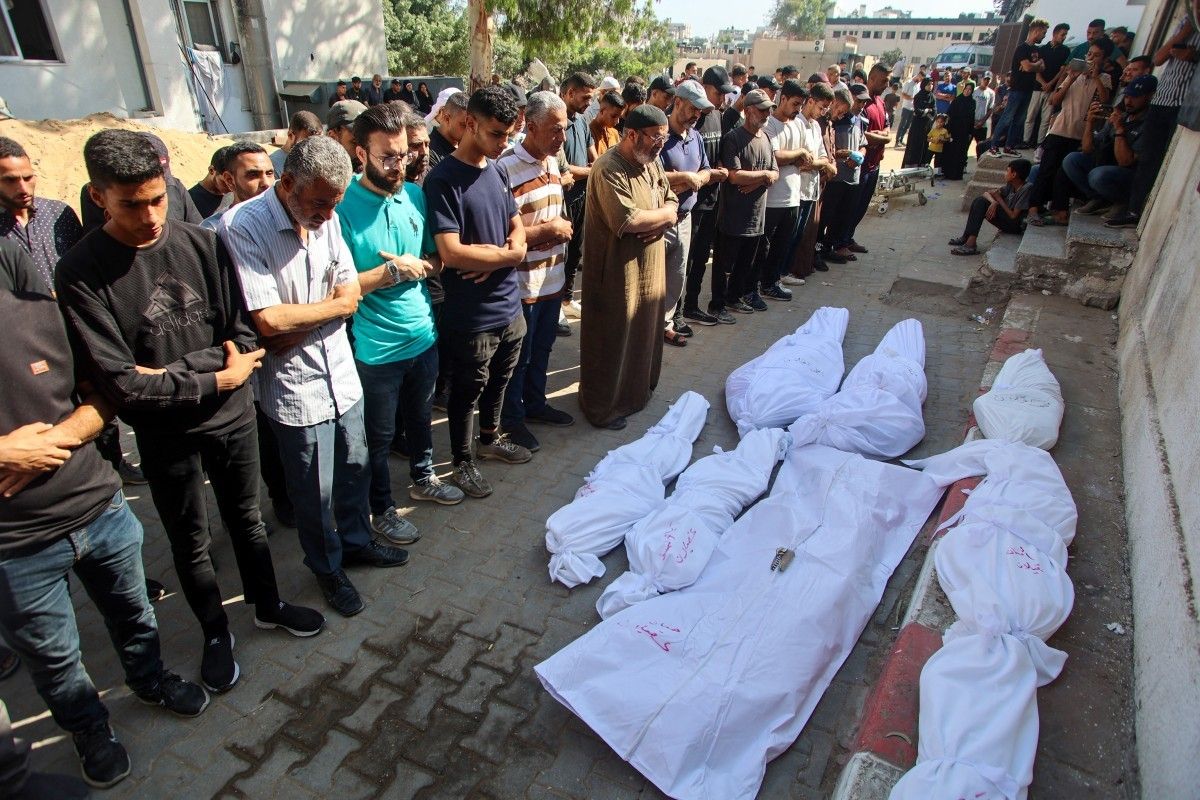
Upgrade to High-Speed Internet for only ₱1499/month!
Enjoy up to 100 Mbps fiber broadband, perfect for browsing, streaming, and gaming.
Visit Suniway.ph to learn
The NMESIS is a land-based anti-ship missile system mounted on a remotely controlled vehicle equipped with two Naval Strike Missile launchers.
Balikatan 2025 Combined Joint Information Bureau Chief LTC John Paul Salgado, PA / Released
MANILA, Philippines — The United States Marine Corps successfully launched an anti-ship missile system in Luzon as part of Balikatan 2025 exercises.
According to the Armed Forces of the Philippines (AFP), the US Marine Corps deployed the Navy-Marine Expeditionary Ship Interdiction System (NMESIS) on April 26 to test its positioning capability for the "Maritime Key Terrain Security Operations-North."
“The NMESIS provides the combined and joint force a flexible and expedient sea denial capacity, contributing to the collective defense of both countries,” the AFP said in a statement.
According to the Balikatan 2025 Combined Joint Information Bureau, the missile system is designed to target and deter enemy naval forces, enhance maritime awareness, and strengthen the defense capabilities of both the Philippines and the United States in securing key maritime areas.
The NMESIS is a land-based anti-ship missile system mounted on a remotely controlled vehicle equipped with two Naval Strike Missile launchers.
It is designed to enable sea denial and control by engaging vessels at ranges exceeding 100 nautical miles (about 115 miles).
The ongoing Balikatan 2025 exercises began on Monday, April 21, and are set to run until May 9.
Around 5,000 Filipino troops and 10,000 U.S. military personnel are participating in the drills.
This year's Balikatan also features several countries as observers, including four members of the European Union: the Netherlands, the Czech Republic, Lithuania and Poland.
They join 15 other nations already observing, including Brunei, Canada, France, Germany, India, Indonesia, Malaysia, New Zealand, South Korea, Singapore, Thailand, the United Kingdom and Vietnam.
Japan and Australia are also taking a more active role, with some of their troops directly participating in certain Balikatan activities.

 2 months ago
65
2 months ago
65



